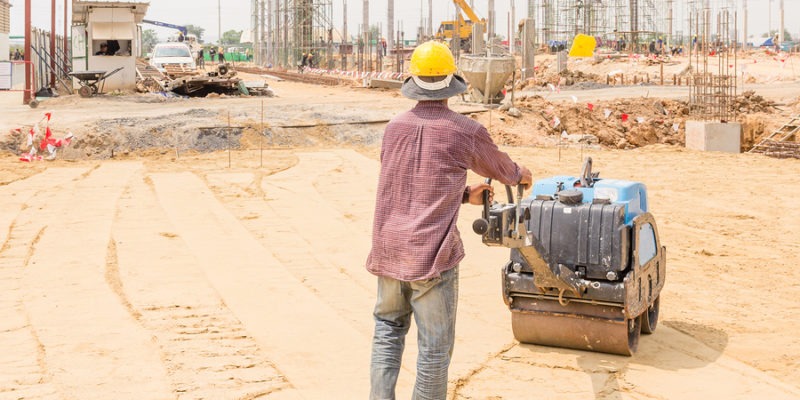The National Law Review
Tuesday, February 5, 2019
On February 1, 2019, the U.S. Department of Labor publicly designated Keith Sonderling as Acting Administrator of the Wage and Hour Division (“WHD”). He joined WHD in September 2017 as a Senior Policy Advisor, receiving a promotion to Deputy Administrator last month. Before joining the Department, he was a shareholder in the Gunster law firm in West Palm Beach, Florida, where he represented businesses in labor and employment matters.
…
Sonderling steps into the role vacated last month by Bryan Jarrett, who led WHD since October 2017. President Trump nominated Cheryl Stanton to serve as Administrator of WHD in September 2017, and she continues to wait for a confirmation vote in the Senate.
WHD enforces the minimum wage, overtime, and child labor provisions of the FLSA, as well as the Family & Medical Leave Act and several prevailing wage statutes applicable to federal government contracts, among other laws.










